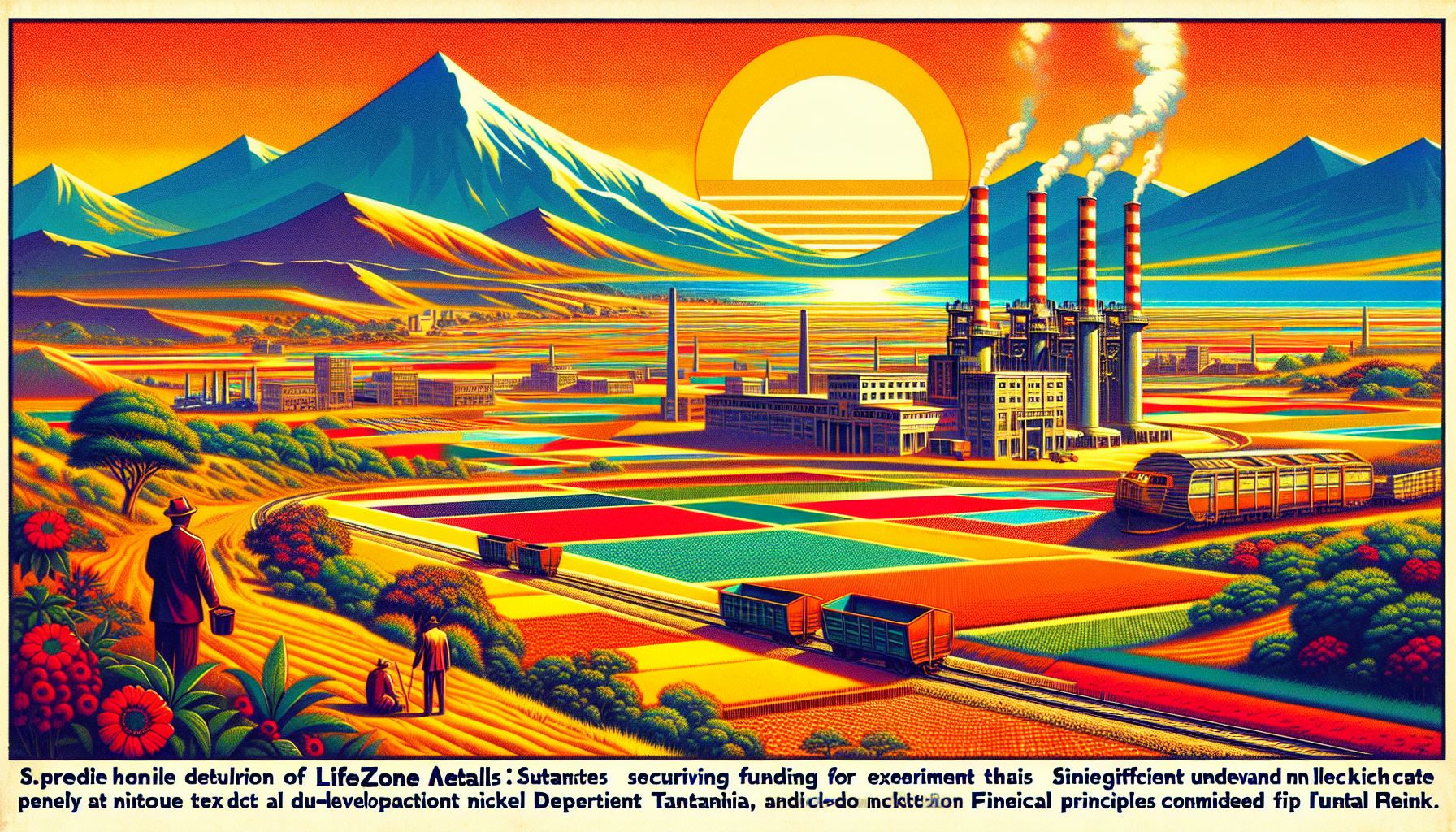Lifezone Metals Secures Funding for Tanzania's Kabanga Nickel Project

Tanzania, Tuesday, 24 September 2024.
Lifezone Metals and BHP have initiated the financing process for the Kabanga Nickel Project in Tanzania, aiming to develop a low-impact nickel operation. The U.S. International Development Finance Corporation has expressed interest in providing loans for this significant undeveloped nickel sulphide deposit.
Strategic Location and Project Scope
The Kabanga Nickel Project is strategically located in northwestern Tanzania, south of Lake Victoria and near the Burundi border. With an estimated 58 million tonnes of nickel resource, Kabanga stands as one of the largest undeveloped greenfield nickel sulphide deposits in the world. This project will leverage conventional underground mining and processing technologies to extract and export nickel concentrate to international markets[1].
Environmental and Economic Benefits
One of the core advantages of the Kabanga Nickel Project is its commitment to reducing environmental impact. The project aims to employ advanced hydrometallurgical processes to produce nickel, copper, and cobalt cathode materials. This method not only minimizes the carbon footprint compared to traditional smelting techniques but also enhances the efficiency of metal recovery. The project’s focus on sustainable practices aligns with global trends towards greener mining operations, making it a model for future developments in the industry.
The Role of Key Players
Lifezone Metals, listed on the New York Stock Exchange under the ticker LZM, leads this groundbreaking project with Chris Showalter serving as the Chief Executive Officer. The partnership with BHP, a prominent player in the global mining sector, further solidifies the project’s potential for success. Additionally, the U.S. International Development Finance Corporation (DFC) has shown interest in providing loans, which could be a significant boost to the project’s financing package[2].
Future Prospects and Strategic Importance
The Kabanga Nickel Project holds substantial promise not only for its direct stakeholders but also for the broader economic landscape of Tanzania. The successful development of this project is expected to enhance the country’s mining sector, create job opportunities, and contribute to the global supply of essential battery materials like nickel and cobalt. With the backing of major financial institutions and industry leaders, the Kabanga Nickel Project is poised to become a cornerstone of sustainable mining practices[3].

